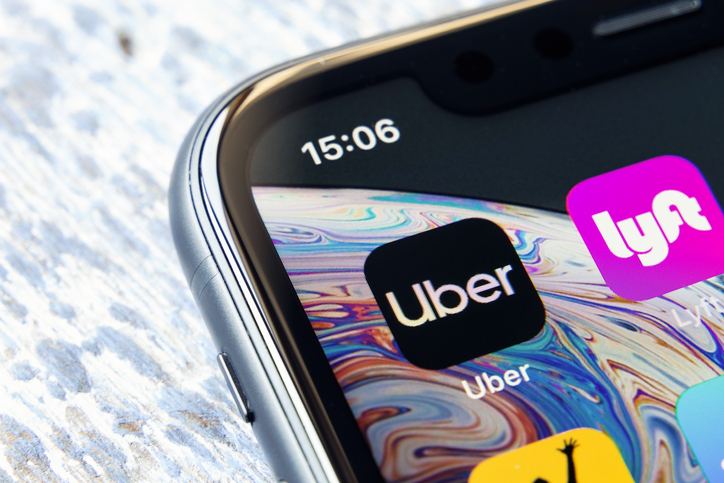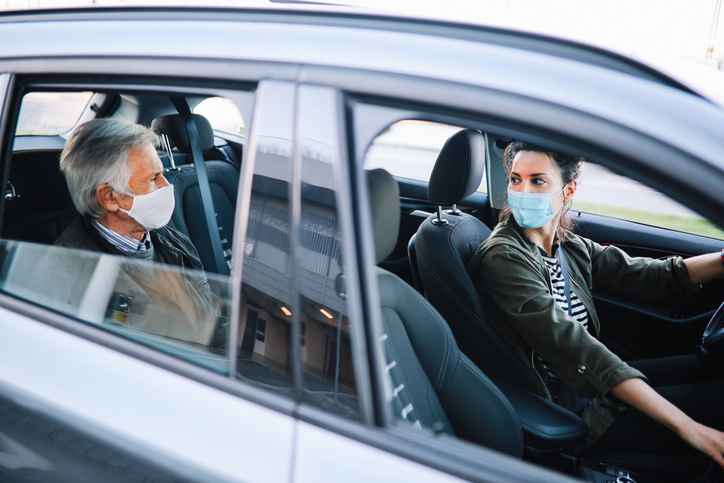The online gig economy has spurred the success of apps such as Uber and Lyft, but the lack of safety measures in an unregulated market have led to instances of sexual violence. In particular, Uber has faced legal consequences for being unable to fully protect customers and drivers who experience nonconsensual sexual advances or even assault.
What Does the Data Show About Sexual Harassment & Assault in Uber and Lyft?
According to Uber’s “U.S. Safety Report” released in 2019, there were 5,981 allegations of sexual assault reported in 2017 and 2018. Among the alleged reports of sexual violence, 56% were made by customers, 42% were made by drivers, and 2% were from a third party.
In this Uber-sponsored study conducted by the National Sexual Violence Resource Center and the Urban Institute, the conclusion emphasized that 99.9% of trips “ended without any safety-related issue at all, no matter how minor,” despite the severity of psychological trauma and physical injuries that victims of sexual violence undergo. The frequency at which these instances occur may be statistically rare, but the number of victims remains sizable.
It is also important to note that this data on sexual assault allegations does not contain what Uber defined as “less serious” instances of sexual violence. Researchers only included what they deemed to be the “most serious” incidents. Additionally, sexual assault and harassment are underreported offenses in general, meaning that the definite number of allegations is likely higher.

What Have Rideshare Companies Such as Uber and Lyft Done to Mitigate Sexual Violence?

The lack of public policies to regulate ridesharing companies’ compliance with lawful business practices has enabled safety issues such as sexual violence to occur and be neglected. One area that Uber and Lyft dodge as part of their business model is employee protections. A company that does not conduct proper oversight or care over their employees will consequently cause harm to their consumers.
Since customers and employees have both reported instances of sexual violence, there is much to be done by these companies to address the problem. Despite their awareness of sexual violence, Uber and Lyft maintain a lenient hiring process and have implemented little-to-no meaningful operational changes.
Although little progress has been made, Uber has introduced a “panic button” feature on their app that allows passengers to notify a need for emergency assistance, and the company says it is conducting continuous background checks on drivers. Also, Uber has ended mandatory arbitration for claims of sexual violence, which allows victims to publicly pursue a lawsuit. In July 2021, the company was fined and ordered to comply with reporting standards since they refused to cooperate in assault investigations.
Back in 2019, Lyft began to be faced with lawsuits on a class-action scale. Lyft subsequently joined Uber in committing to release data on safety issues, but has yet to release a report or procure resources to collect data. Also, Lyft has failed to announce substantive company policies to prevent sexual violence among its passengers and drivers.
How Can Rideshare Companies Such as Uber and Lyft Be Held Accountable for Sexual Misconduct?
In addition to criminal charges that can be pursued against the assailant(s) of a sexual assault or harassment incident, civil legal claims have also been brought against assailants in addition to the rideshare companies themselves. In these civil legal claims, a company can be found liable–and therefore subject to owing compensation to victims–for failing to prevent sexual violence and proving to be negligent.
If you or someone you know was a victim of sexual violence as a rideshare passenger, please seek legal assistance to preserve your rights.
Our litigation lawyers understand the pain of what victims of sexual trauma go through. Additionally, we know how costly this can be for every aspect of your life. You deserve to be heard, and you have a right to pursue a legal claim. Call Sherri Plotkin, Esq., or Thomas Giuffra, Esq., at (212) 684-1880. We can help protect you.

